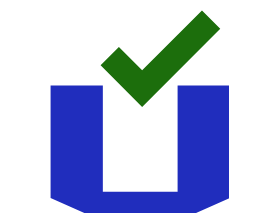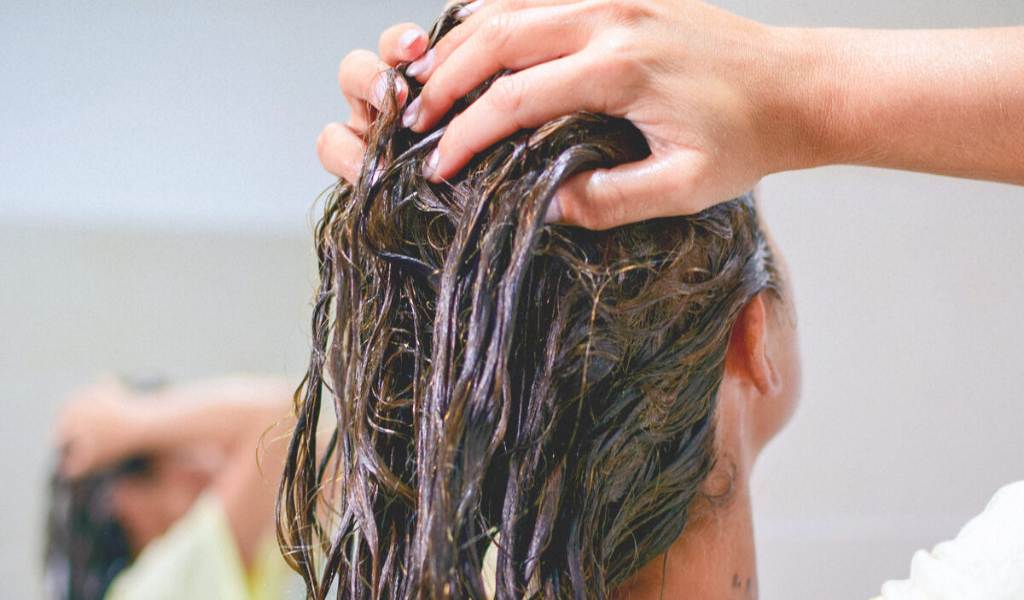Dry scalp and oily hair are underrated hair problem. Agglomerates like this are often overlooked when it comes to hair problems and the causes behind it can be elusive. Oily hair is tricky to manage, and even more so when mixed with a dry scalp. If you are facing similar problems, don’t worry please give me? We’ve got you covered In this article, we explore the causes of shiny hair and dry scalp, the signs to look out for, and the answers to this question.
Farmamy is an online pharmacy in Italy that recommend how treating dry scalp and oily hair.
IN THIS ARTICLE
Causes of dry scalp and greasy hair
Symptoms
Treatment
Dry scalp can cause dandruff
Table of Contents
Causes Of Dry Scalp And Oily Hair
A dry scalp characterized especially by itching and flaking, can be a sign of itching
(1). It occurs when the scalp is not always well hydrated. Scalp flaking is specifically due to sebum activity
(2). Sebaceous glands produce sebum, a complex oil containing triglycerides, fatty acids, wax esters, squalene, cholesteryl esters, and cholesterol. With less sebum production, the scalp becomes malnourished and begins to flake.
- Excessive Shampoo
- Fungal or Bacterial Infection
- Weather Conditions
- Heat Damage from Styling Tools
- Hair Dye
- Improper Hygiene and Fitness
On the other hand, greasy hair is a sign of overproduction of tallow. Excessive sebum production clogs the pores on the scalp and prevents hair growth. Hair loss is usually associated with overly oily hair
Dry scalp and oily hair are very common and can be seen in people with instant hair as well.If you have instant hair, the sebum is easily transferred during the hair period and the scalp becomes dry. Another inspiration is too much dust and product residue clogging the pores of the scalp.
Symptoms
If you have oily hair and a dry scalp, you may notice the following symptoms.
- Small white flakes on the scalp.
- Her hair always looks flat.
- She washes her hair every day because she is greasy.
- Redness and small bumps may also be seen on the scalp.
- These characters are very annoying and should be dealt with.
Check out Next Phase for some treatment options you can aim for!
Treatment
A special treatment for dry scalp is hydration with deep conditioners, oils and hair masks.
Keep your scalp moisturized by applying oil regularly, at least twice a week. You can also heat the oil slightly for better results.
Use a deep conditioner formulated specifically for the scalp. These remedies contain concentrated substances that nourish and moisturize the scalp
You can also use a moisturizing hair pack or mask, as substances like aloe vera, glycerin, and avocado moisturize the scalp.
Use a fresh cleanser to combat greasy hair.
Use a hair mask containing rosemary and various sebum-balancing substances.
Instead of shampooing your hair regularly, you can use a dry shampoo to remove excess oil from your hair strands.
Instead of washing your hair frequently, consider shampooing several times a week and washing items on the opposite day. Co-washes and conditioning cleansers don’t dry out your scalp like traditional shampoos do. However, they don’t necessarily cleanse your scalp. That means he should shampoo at least once a week.
Does dry scalp cause dandruff? Find out in your next phase!
Can a dry scalp cause dandruff?
Dandruff is usually due to the oiliness of the scalp. Excessive sebum causes the Malassezia fungus to proliferate and cause dandruff.
You May Like: How to Find the Best Gynecologist Hospital?
Dry scalp usually does not cause dandruff. If flakes of dandruff remain on your scalp after treatment, you probably have seborrheic dermatitis or persistent dandruff. It may be highly sensitive. Scroll to the next stage to learn how to see a doctor
When should I see a doctor?
- Seek medical attention if you notice any of the following:
- If dry scalp is associated with excessive redness, infection and hair loss.
- If your scalp continues to be dry after using moisturizers, serums, masks, and deep conditioners.
- Excess sebum makes hair thinner.
- Hair has started falling out.
Dealing with dry scalp and greasy hair can be a confusing dilemma. On the one hand, your scalp is dry and craves moisture and moisture. On the other hand, your hair quickly becomes greasy and flat. Washing your hair to remove oil can over-dry your scalp. A special way to deal with dry scalp and oily hair is to apply a moisturizing mask to the scalp, rub it with oils that nourish the scalp, and wash your hair less often. You can wash greasy hair with an herbal shampoo that does not remove moisture from the scalp. Co-washing is also available. Prepare a moisturizing spray on your scalp. You can spray it whenever your scalp feels dry and itchy.

An author of Update UI, We have published more articles focused on blogging, business, lifestyle, digital marketing, social media, web design & development, e-commerce, finance, health, SEO, travel.
For any types of queries, contact us on updateui.info@gmail.com.



